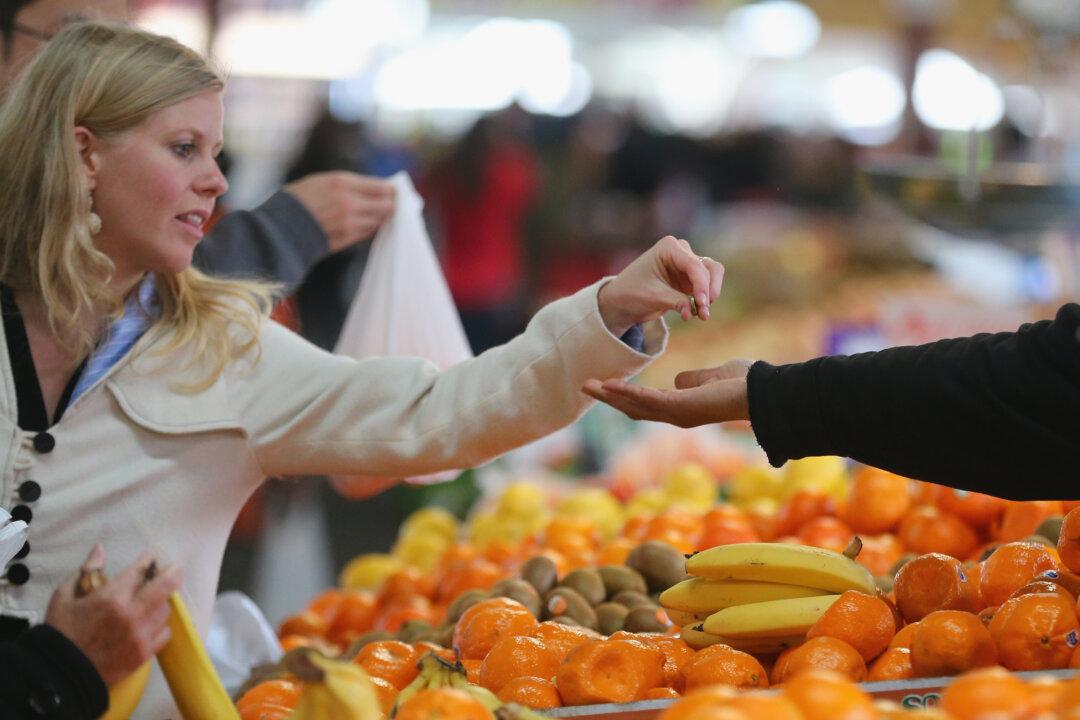Rising prices are leaving many Australians on income support payments with no choice but to skip meals and cut back on heating to make ends meet.
Nearly three-quarters of Australians on JobSeeker, Youth Allowance and the Parenting Payment are eating less as cost of living pressures intensify.





